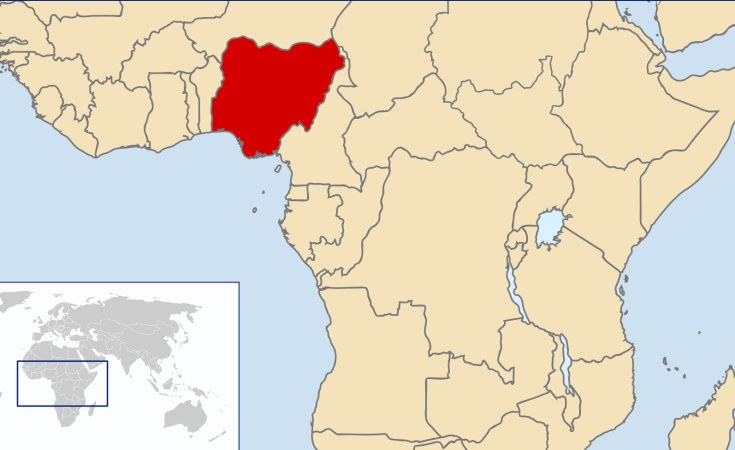"I want to use this opportunity to assure everyone that no IOC is leaving Nigeria. They are only going deep offshore," Mr Lokpobiri said.
The Nigerian government on Tuesday said international oil companies (IOCs) are not leaving the country but only shifting their portfolio and further investments to deep offshore.
Nigeria's Minister for State, Petroleum Resources (Oil), Heineken Lokpobiri, disclosed this at the opening ceremony of the 7th edition of the Nigeria International Energy Summit (NIES 2024) held at the presidential banquet hall in Abuja on Tuesday.
"I want to use this opportunity to assure everyone that no IOC is leaving Nigeria. They are only going deep offshore," Mr Lokpobiri said.
The minister noted that the divestments by some international oil companies are a win-win situation as the IOCs are making further investments in the deep offshore thereby making room for indigenous companies to develop capacity within the onshore and shallow waters space.
"It is imperative to note that we are strategically managing the divestment processes. Our commitment to enhancing our crude oil reserves and production is unwavering, and we are actively exploring innovative solutions to attract investment, optimize operations, and foster sustainable growth. We are open for business and ready to welcome your investments," he said.
Mr Lokpobiri added that the transition to cleaner and more sustainable energy sources is inevitable.
"We are actively pursuing initiatives to position Nigeria as a leader in this energy transition. As we navigate this change, Nigeria recognizes the need to strike a balance between meeting our growing energy demand and reducing our carbon footprint.
"The diversification of our energy mix, investments in renewable energy, and the adoption of cleaner technologies are all integral components of our strategy," he said.
He explained that in comparison to the global decline of investments in the oil and gas industry between 2017 and 2022, investments in Nigeria declined by 69 per cent when compared to the 28 per cent global average decline.
"To further buttress the above, the capital investment to reserve ratio shows the amount of capital deployed to a country's available reserves. Nigeria has an abysmal capital investment-to-reserve ratio of 5 per cent compared to Angola (46 per cent), Brazil (115 per cent), Mozambique (92 per cent) and Guyana (617 per cent).
"The window for attracting new investments and exploring our vast reserves is fast narrowing. If the global energy transition accelerates, approximately 60 per cent of Nigeria's reserves could be uncompetitive to produce.
"Against this backdrop, we have identified that there are so many licenses with proven reserves that are not being optimized in the hands of IOCs, NOC, and others. In line with Mr. President's Renewed Hope agenda, we are working on changing this narrative," he said.
He said one of the easiest ways to solve the current foreign exchange challenges faced in the country is to aggressively increase production which will in turn bring in additional revenue for the government.
"The additional crude produced will serve as a feedstock to our state-owned, private, and modular refineries. Thereby changing the narrative of Nigeria being a major refined petroleum products importer to an export hub. The time to act is now. We need to take bold and decisive actions to harness the vast hydrocarbon resources," he said.
The minister noted that no country is slowing down fossil fuel exploration and production.
"Recall that only recently, the UK government awarded over 100 licenses for exploration in the North Sea; furthermore, the United States of America being the highest producer of oil today is also ramping up production. No country is reducing production.
"As a government, ours is to provide a business-friendly and enabling environment for potential investors. This is what we are doing, and we are resolute in removing all bottlenecks, disincentives, and impediments preventing inflows of such investment. This is the whole essence of the PIA 2021," the minister said.
Also speaking, the Group Chief Executive Officer of the Nigerian National Petroleum Company Limited (NNPC Ltd), Mele Kyari, explained that the role of the company in the divestment of international oil companies from onshore and shallow water assets in the country is that of a facilitator and not an obstacle.
He further explained that by virtue of its statutory mandate as the enabler of national energy security, NNPC Ltd's role is to ensure that there is optimal and sustainable production from the divested assets to guarantee energy security for the benefit of Nigerians.
He assured stakeholders of the company's commitment to work with them to close the energy deficit gap and create prosperity for Nigerians, adding that from all indications, all issues of energy scarcity in the country would be over in the next 10 years.


